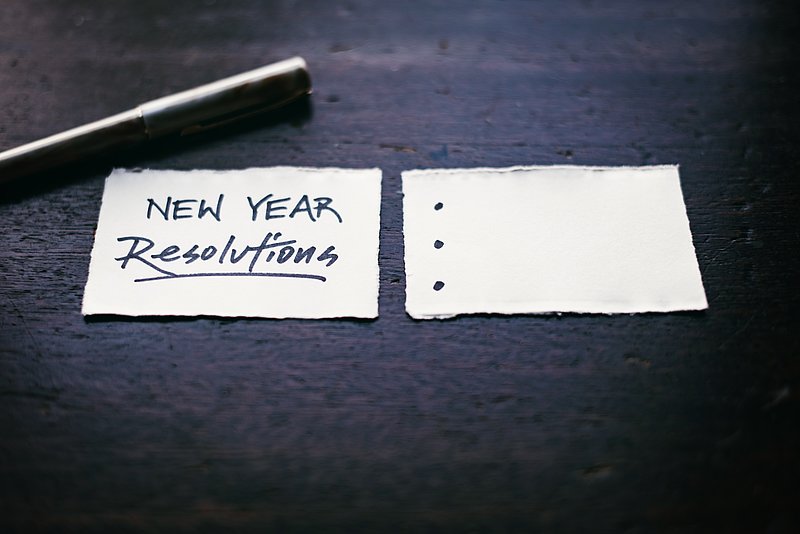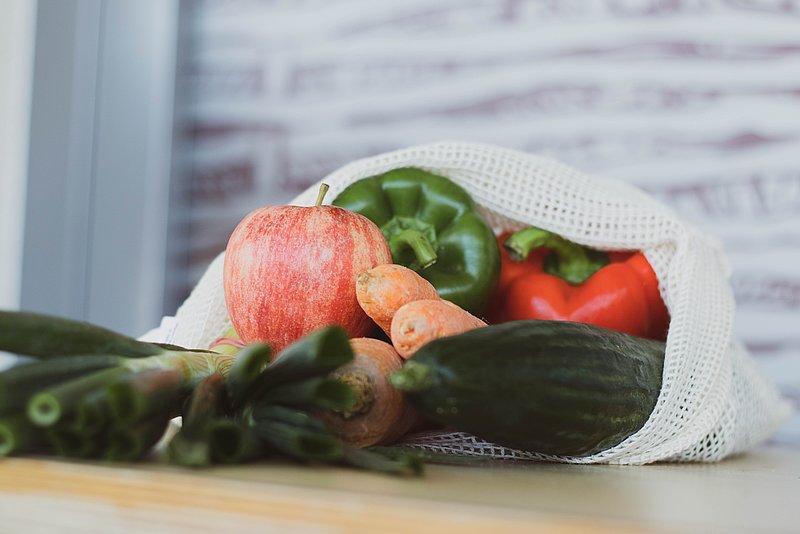How to Make 2021 a Success - For You And For The Environment
Have you already thrown the classic New Year's resolutions overboard? We have a few simple ideas that will not only make your year 2021 easier, but also that of your fellow human beings and the environment.
- Removing plastic from everyday life for a certain period of time.
Fasting has gone out of fashion. No wonder: it has a religious background to which many people no longer feel particularly attracted. But we have a modern version of fasting: giving up plastic. Whether it's just a few days or a few weeks, as some of you know it with the sweets after carnival - even small steps are a success. And as with so many things, you will notice the same with plastic: After a short period of getting used to it, it is not that difficult to do without plastic.
- The perfect time to switch to the bike
For a few months now, many of us have been able to work permanently or at least a few days a week at home in a home office. The commute to work is now a thing of the past - and with it the last excuse for the car! Because most of us probably don't have much more to do than go shopping and visit friends now and then. And if you don't live far out in the country, the nearest supermarket is just around the corner. Strap a bag to your bike or take a large backpack with you the next time you go shopping.
- Beautiful and sustainable in one: cosmetics without microplastics
For a long time, all kinds of cosmetic products have had a miserable reputation for insidiously polluting the environment. Because unlike the plastic bag, which is no less bad, the small microplastic particles are not visible in waters and in nature. This also applies to animals, which unsuspectingly ingest the harmful plastic and thus sooner or later pass it on to humans. The extent of the "microplastic flood" is not yet fully known, but you don't have to be a scientist to expect disaster. An important step is therefore the growing number of cosmetic products that do not contain plasticisers. Next time you go shopping, look carefully before you put your shampoo or lipstick in the basket.
- Haven't you noticed yet? Second hand is in!
Frayed, worn-out clothes? Second hand has a bad reputation, and wrongly so. A look at big online retailers like Vinted (formerly Kleiderkreisel) is proof of the diversity of the second-hand world. You can find everything from shoes in mint condition to vintage jeans jackets from the 1970s in good condition - and at much lower prices than new products.
- Shop local - and so be happy
This past Christmas showed us how much we have come to rely on online retail. Our products come from all over the world. And Corona has not made it any easier for us. But it is exactly this difficult situation that we can use as an opportunity to make sure to buy locally, at least when it comes to our food. For fruit and vegetables, the local weekly markets are a good place to start. This supports local farmers, reduces greenhouse gases and transport routes and requires less packaging. And the most important thing: in the long run, it even makes us all happier, as the Irish professor and MIX-UP researcher Kevin O'Connor revealed in an interview with us just a few weeks ago.



